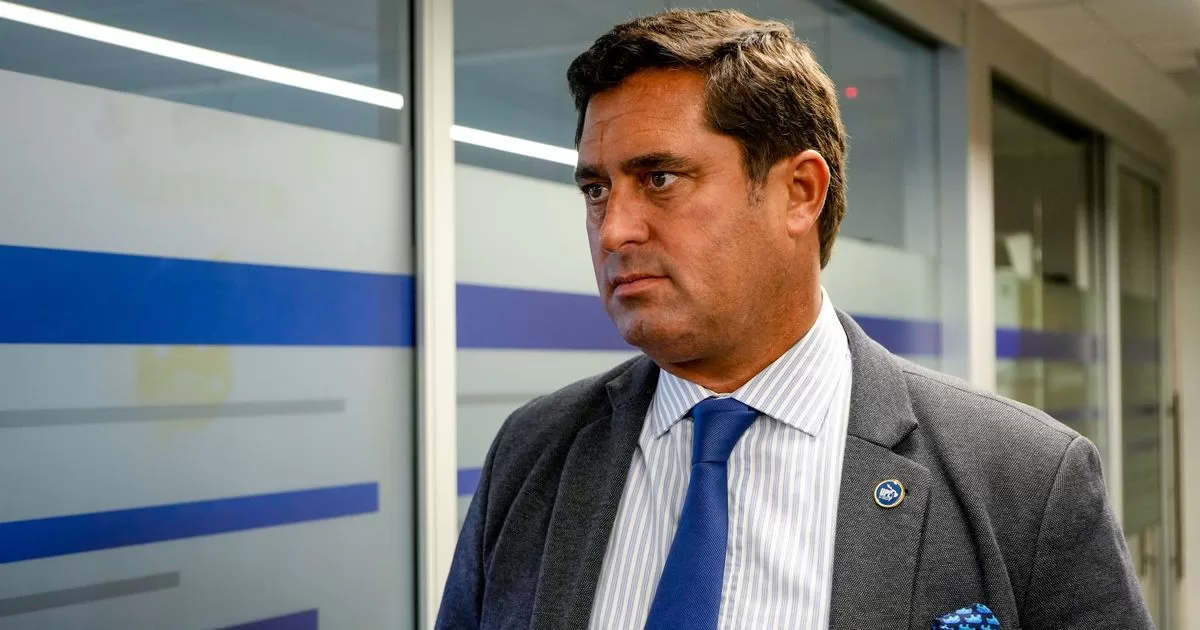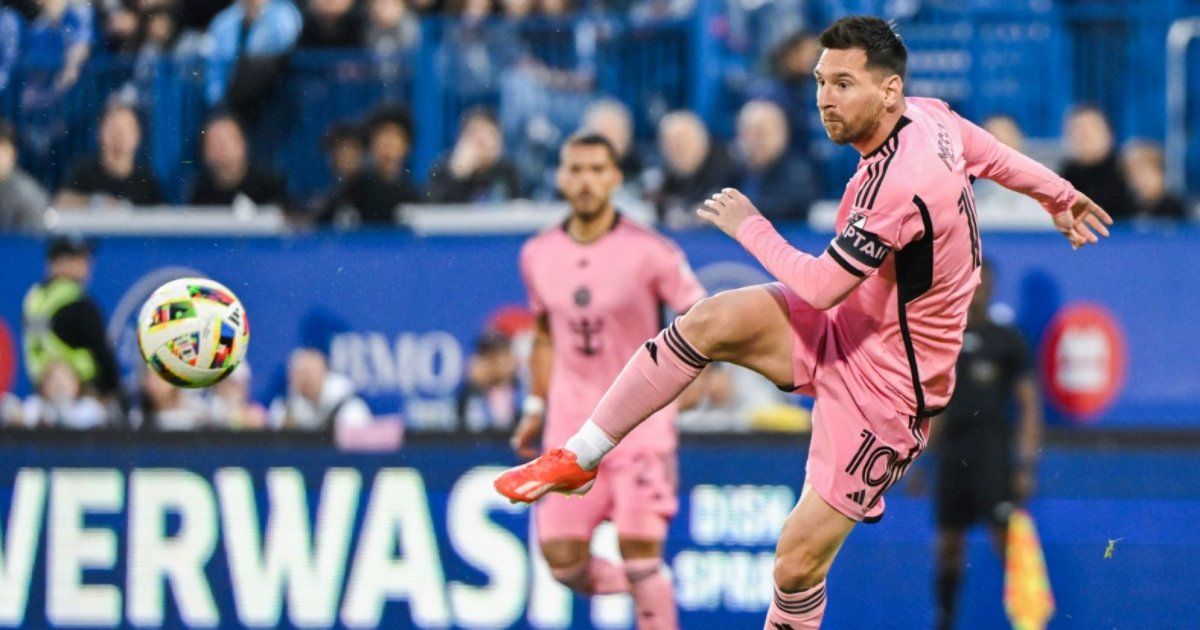MIAMI.- Javier mercy assumed the presidency of Argentina 10th of December. His arrival at the Casa Rosada, seat of the national government, represented a radical change in the political landscape of his country, after Kirchnerism, an ally of 21st century socialism, was in power for three periods.
Milei’s main proposals include a series of measures to reverse the crisis economic and social that has affected Argentina for decades, achieve sustained growth and greater prosperity. However, the president suffered a first setback when a comprehensive reform package presented to Congress, where he has little support, was rejected.
DIARIO LAS AMERICAS spoke with Julián Obiglio, president of the Union of Latin American Parties (UPLA), for whom Milei has the “correct ideas”, but – he stated – without political support, through alliances, it will be impossible “to make those ideas materialize and be implemented.” become reality”
-How are these first two months of President Javier Milei’s government progressing? What is your assessment?
We are at a very sensitive moment at the beginning of President Milei’s term. I think he is going to have to make some important political decision to give greater sustainability to what he has ahead of him. A few days ago, President Milei sent a legislative project, which included some very large reforms, and that project has ended up being withdrawn from treatment, because although it had been approved in general terms, when each of the articles began to be discussed, With each of the reforms, many of them began to be rejected and that was due to the lack of prior political agreements. This, without a doubt, weakens the Milei government, which has the right ideas, but I think he is going to have to reformulate the procedures to make those ideas materialize and become reality. It seems to me that he is at a turning point and he should think about whether it is convenient for him to expand his political support base, give greater strength to his government and greater political sustainability.
-Does this mean that, as we know, President Milei does not have a consolidated majority in Congress, and therefore requires making political alliances to govern? How to team up with politicians who may think differently?
He has to make political agreements. From ancient Rome to here, these political agreements involve making concessions. One comes to the Government with a political project that is very pure of what one believes, and when he begins to exercise public office he has to make concessions with people who do not think exactly the same as one. It has always been this way.
– We have seen what you describe recently in countries like Spain…
This is the case in all countries in the world and nothing different should happen in Argentina. Milei should sit down with other people from the Argentine political community, make some concessions, expand his government base and generate a more stable majority that gives him sustainability. You have to choose four or five central reform topics and focus on making those reforms, finish approving them and then move on to another four or five central topics. It is very difficult to want to change 300 laws in a single day. The truth is that, in most cases, this does not happen that way; The reforms are taking place gradually. Even though they are profound reforms, they must be produced gradually and in thematic groups. It is impossible to change all themes at once. It seems to me that he is going to have to rethink his strategy and rely more on some political parties that are very close. For example, the political party of President Mauricio Macri. There are other political parties, which are also very close.
– And, as is well remembered, former President Macri was vital for Milei to win the elections in the second round…
It was vital. Macri made explicit support for President Milei and called on all of his voters to support him. He said that it was a serious project, that it was a responsible project, and finally he won, which was good news for Argentina, because Milei represents a number of ideas of liberal transformation, of deregulation, of shrinking the State, which are absolutely necessary. for Argentina, which comes from many populist governments that had made the State grow too much, with an unsustainable level of spending and unsustainable fiscal pressure. Milei came with the ideas that are appropriate, now what he has to do is adapt them to the most appropriate procedures so that all those ideas become realities.
– You talk about four or five reforms that could be addressed initially. What would those first reforms be?
Without a doubt, all the bureaucracy must be simplified. We must reduce the State to make a more efficient State. And the central reform would be to reduce taxes. This is a very important topic. At the same time, a fiscal balance must be achieved, because one moves one lever and then has to accommodate the other as well. Then we must define the future of a number of state companies, which must be transformed into the private sector. The State has to stop having the excessive participation it had in the Argentine private economy and by reducing taxes you are allowing people to have more money in their pockets to invest in the economy. All this at a time of great inflation in Argentina, which must also be balanced and reduced as quickly as possible, because inflation is a horrible disease that destroys the pockets of all citizens.
-How is the opposition acting at the moment against a Milei who is already president of the Argentines?
The left has opposed everything that Milei has proposed, but it is logical because that is the task of the left. The left will always oppose a government that has a liberal matrix, a government that tries to shrink the State or reduce state programs. It is logical that it be so. No need to worry. Here the focus and the central theme is to unite those who have an affinity of ideas, values, and thought and put everyone to work together to achieve the majority of the votes that are needed for the different transformations that have to go through Congress. in Argentina, which has a double chamber, the Chamber of Deputies and the Senate.
– After so many years of Kirchnerism and its socialist ideas in power, is it going to be difficult for Milei to exercise good government?
The decision rests with the president. It can be complicated if he decides to fight this entire battle in isolation, alone, and it will be much easier if he gathers allies. This requires a team, a team with a lot of strength, a team that has a lot of social representation, a team that has a lot of votes, both in the Chamber of Deputies and in the Senate, to guarantee that the reforms that are sent to Congress have appropriate treatment and are approved.
(email protected)
@danielcastrope


